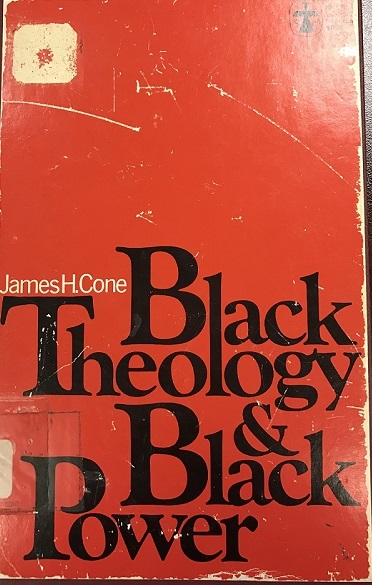Woodstock Theological Library (WTL) celebrates Black History Month by highlighting the scholarship and theological reflections of James Cone, the founder Black liberation theology. Black liberation theology is among the most important liberation theologies and is especially central to the African-American experience in the United States. Cone’s groundbreaking book on this topic appeared in 1969 and is entitled Black Theology and Black Power. WTL has in its collection two copies of this first edition.

As the title suggests Cone’s goal was to explore away to integrate the political movements associated with the slogan “Black Power” into a theological framework that viewed God’s embodiment in Jesus as a liberation of humanity from all forms political and social oppression. In his book A Black Theology of Liberation, Cone explains: "In a society where men are oppressed because they are black, Christian theology must become Black Theology, a theology that is unreservedly identified with the goals of the oppressed community and seeking to interpret the divine character of their struggle for liberation." (11) Cone’s Black liberation theology was a necessary expansion of the liberation theology that began in the context of Latin American. Among the earliest pioneers of this movement is the Jesuit theologian Jon Sobrino, S.J., who was nearly assassinated in El Salvador for his work. Jesuits were involved in working to alleviate the political and social unrest, especially in El Salvador. Like Martin Luther King Jr. and Malcom X, the Jesuits were also martyred for their formidable resistance to corrupt political powers that sought to keep people marginalized and enslaved. Yet, also like Martin Luther King, Jr. and Malcom X, the Jesuits have not died in vain, their struggle has been taken up: social justice and liberation have prevailed and continue to prevail over racism and other forms of hate or persecution.
Entry authored by Amy E. Phillips, Rare Materials Cataloger for WTL on 2/16/2017
